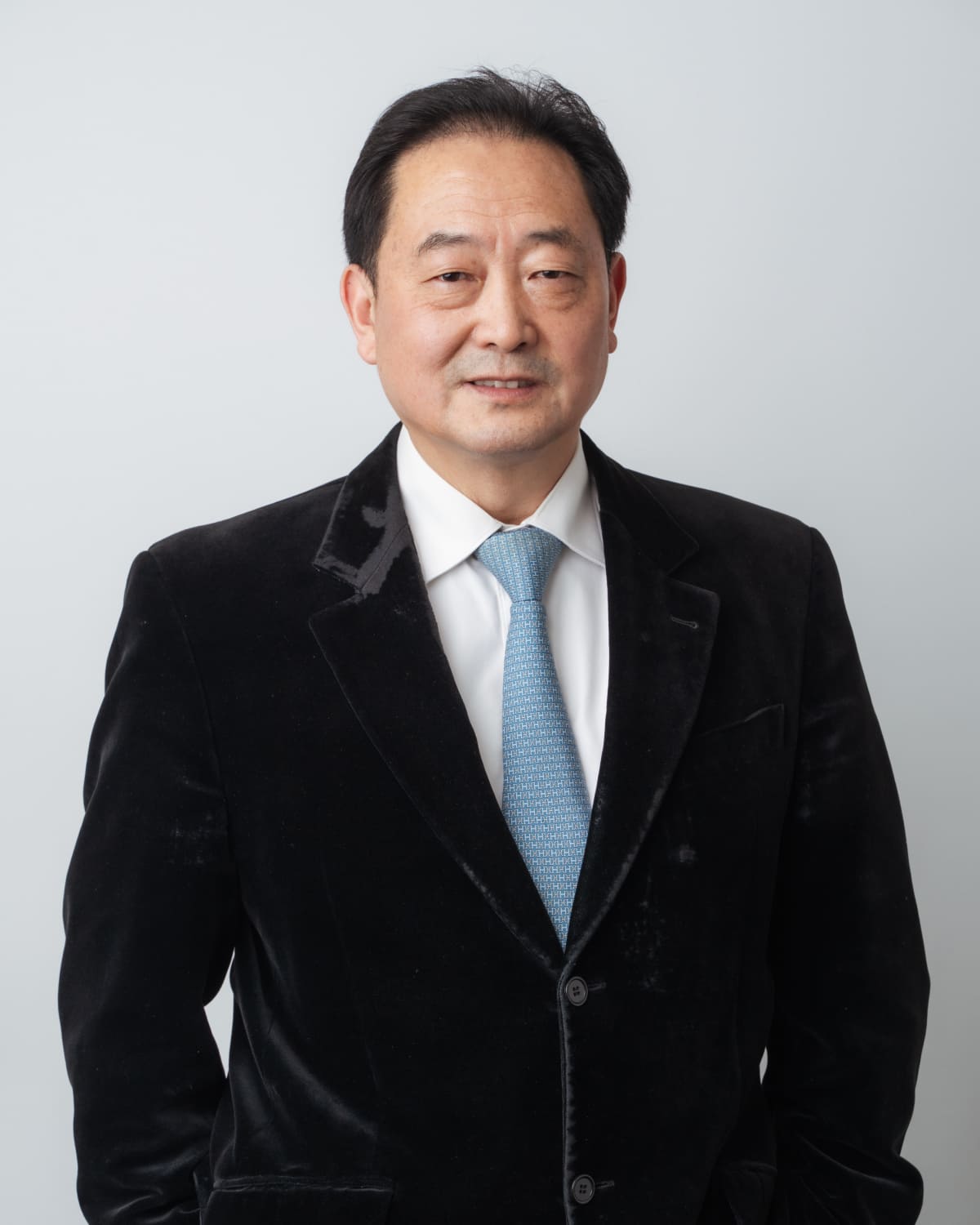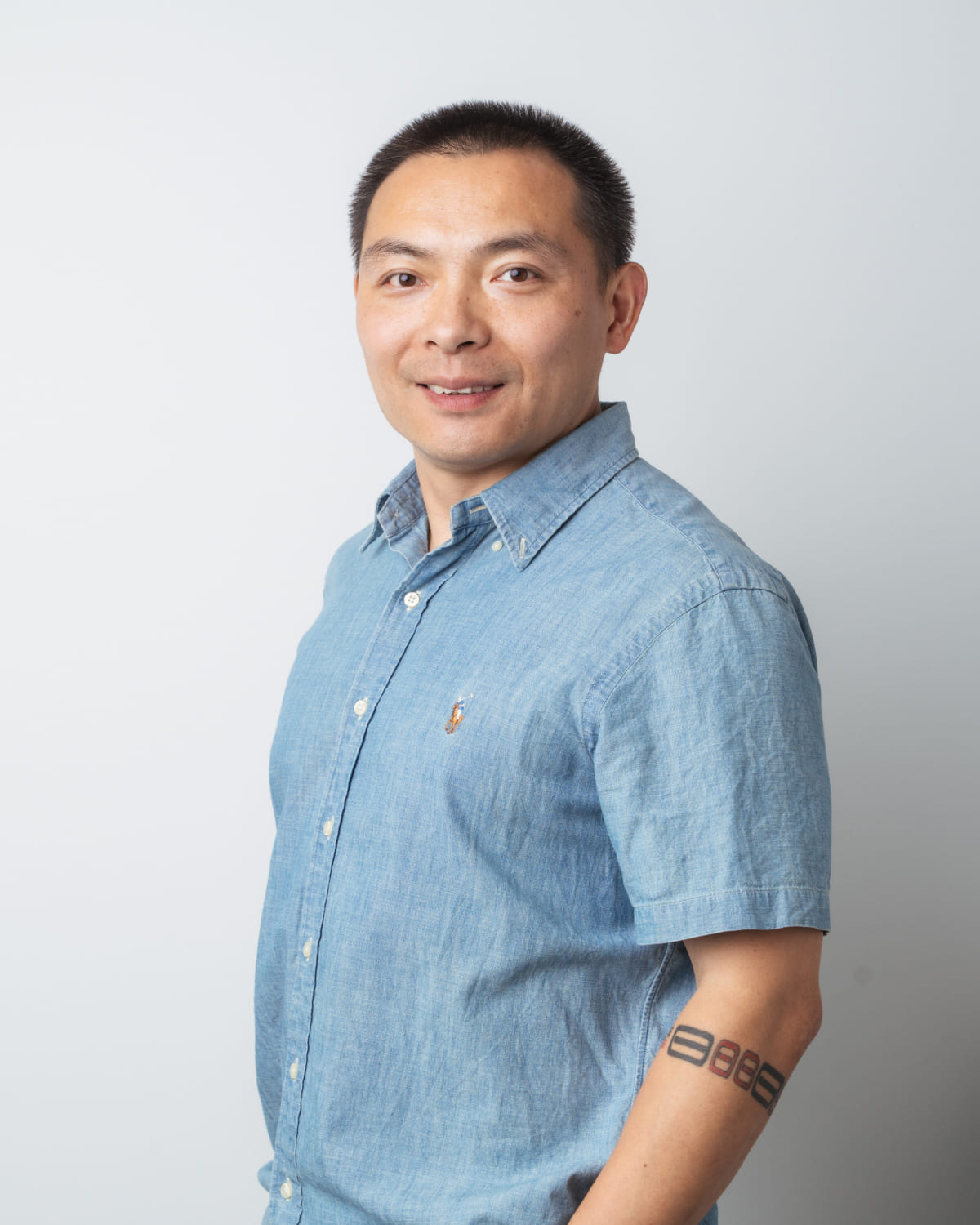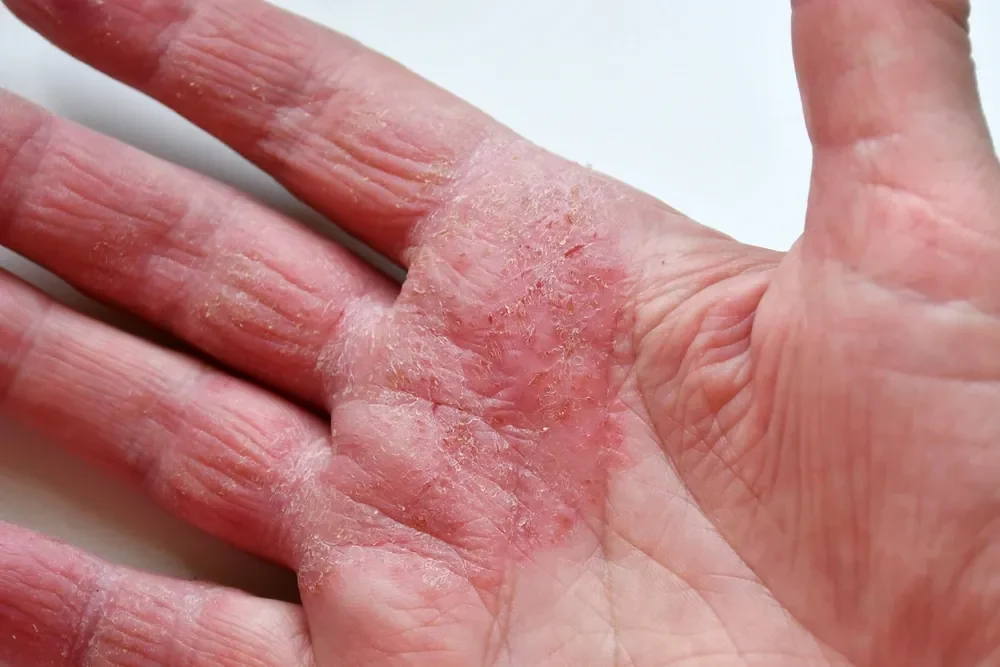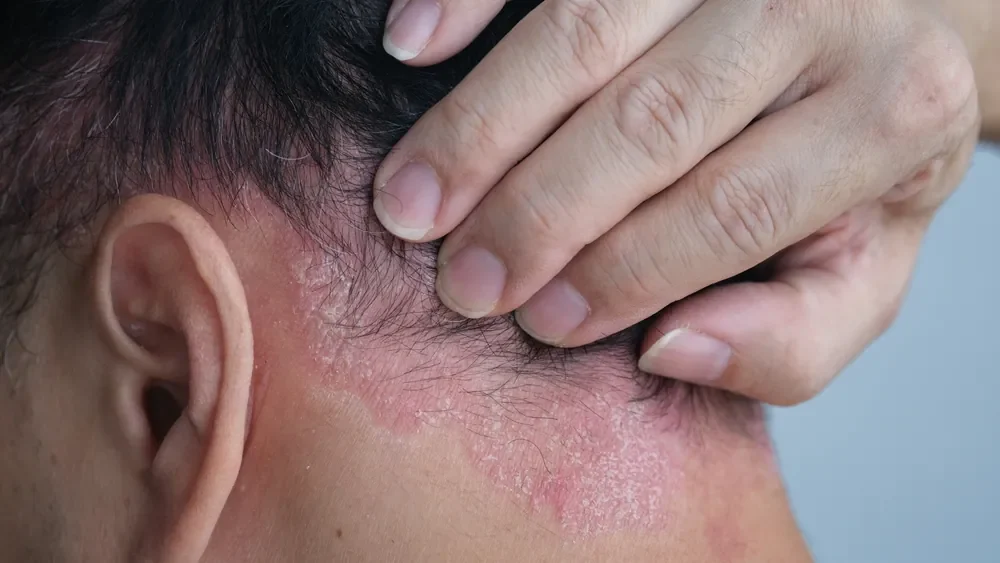Fertility is influenced by many interconnected factors such as hormonal balance, circulation, emotional wellbeing and overall health. For couples navigating challenges with conception or preparing for assisted reproductive treatments, the search for supportive therapies often extends beyond conventional medicine. This is where Chinese medicine for fertility is increasingly considered as part of a holistic plan.
With its roots in Traditional Chinese Medicine, acupuncture, herbal medicine, and dietary therapy have long been used to support reproductive health. Today, these approaches are often combined with modern fertility care to help regulate cycles, reduce stress and promote reproductive balance. Research is ongoing, yet many patients find that TCM provides an additional layer of support during what can be a complex and emotional journey.
A Historical Perspective on Chinese Medicine and Fertility
Fertility has been a focus in Chinese medicine for thousands of years. Ancient texts such as the Huangdi Neijing (The Yellow Emperor’s Inner Classic), written more than 2,000 years ago, describe how reproductive health depends on the balance of yin and yang and the flow of Qi.
Traditional practitioners recognised that difficulties with conception were rarely caused by the reproductive system alone. Instead, they were linked to wider imbalances in the body, such as Kidney yin deficiency or Liver qi stagnation. Treatments aimed to restore harmony using acupuncture, herbs and dietary adjustments.
These classical principles continue to shape modern practice. While today’s fertility care integrates scientific research and often works alongside IVF, the historical foundations remain central, highlighting the long tradition of supporting reproductive health holistically.
Why Choose Chinese Medicine for Fertility Support
Chinese medicine approaches fertility from a whole-body perspective. Rather than concentrating only on the reproductive system, it considers the interactions between energy, circulation, digestion, stress and sleep, all of which can influence reproductive health. Treatments are highly individualised and aim to restore balance across these systems.
For some people, acupuncture may be used to regulate cycles and reduce stress during IVF, while others may be guided with specific dietary changes or herbal remedies to nourish blood and energy reserves. This explains why there is no single remedy or formula that guarantees pregnancy. Instead, results are most effectively supported when acupuncture, herbal therapy and lifestyle guidance are combined into a personalised plan that complements medical treatment.
Acupuncture and Reproductive Wellbeing
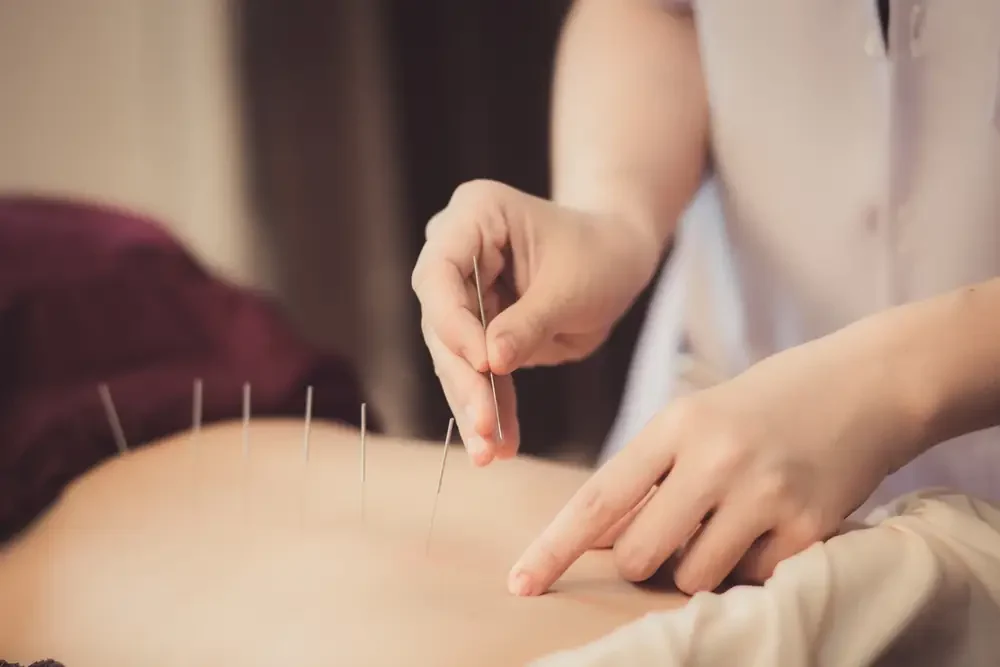
Acupuncture is one of the most recognised elements of Chinese medicine and is widely used to support fertility. Fine needles are inserted at specific points to regulate the flow of energy, improve circulation and influence hormonal balance. Treatments are often timed with different stages of the menstrual cycle or IVF, including ovarian stimulation, embryo transfer and the two-week waiting period.
Research into acupuncture and fertility has produced mixed results. Some studies suggest that acupuncture may improve clinical pregnancy rates when combined with IVF, while others find the effects less clear. More recent reviews indicate that outcomes such as live birth may improve in certain groups of patients, although larger studies are needed. What is consistently recognised is the ability of acupuncture to reduce stress and anxiety, which can, in turn, create more supportive conditions for conception.
When discussing success rates, it is important to acknowledge that outcomes vary widely. Age, medical history, embryo quality and overall health all play a role. Chinese medicine cannot guarantee pregnancy, but it may contribute to a more balanced and supportive environment for reproductive health.
Herbal and Dietary Strategies for Fertility
Herbal medicine is another important part of Traditional Chinese Medicine. Formulations are prescribed to suit the individual and may change as treatment progresses. Herbs are often used to address patterns linked with stress, cycle irregularities or overall vitality.
Recent studies suggest that herbal medicine may improve certain fertility parameters, though findings remain mixed and further research is needed. While some discussions focus on whether herbal medicine can improve egg quality, it is more accurate to say that the aim is to support general reproductive health. By improving circulation, reducing stress and nourishing the body, Chinese herbal strategies may contribute to conditions that support healthier eggs and a receptive uterine lining, even if egg quality itself cannot be directly measured or guaranteed.
Nutrient-Rich Foods Inspired by TCM
Certain foods are considered supportive within Chinese medicine and are sometimes incorporated into fertility plans.
- Goji berries (Gou Qi Zi): valued for their blood- and yin-nourishing qualities, they are also rich in antioxidants.
- Black sesame (Hei Zhi Ma): thought to replenish vitality and support reproductive health, they are nutrient-dense and versatile in cooking.
It is important to understand that there is no single food or herb that can create fast results. Fertility outcomes depend on many factors and require consistency, time and personalised care. These foods are best seen as part of a balanced diet rather than quick solutions.
Alongside diet, everyday habits such as movement, rest and stress management are equally important in creating a supportive environment for fertility
Lifestyle Strategies to Complement Treatment
Beyond acupuncture and herbs, lifestyle practices inspired by Chinese medicine can also support fertility.
One simple principle is the importance of warmth. Cold exposure, especially in the lower body and feet, is thought to impair circulation and reduce comfort. Many practitioners encourage keeping the feet warm, particularly during the menstrual and luteal phases of the cycle, as a way of supporting relaxation and circulation.
Another practice often introduced is the Bao Mai breathing exercise. In TCM, the Bao Mai is considered an energetic connection between the heart and the womb. While not a physical structure, it symbolises the link between emotional and reproductive health. The breathing exercise involves sitting comfortably, focusing on the breath, inhaling slowly for a count of four and exhaling gently for a count of six. Practised regularly, it can help reduce stress and encourage calm, both of which are important during fertility treatment.
Lifestyle recommendations also extend to nutrition, sleep and movement. Warm, nourishing meals, adequate rest and gentle exercise such as walking or yoga can all contribute to a supportive environment for conception. These adjustments may seem simple, but when practised consistently, they form part of the holistic foundation of Chinese medicine for fertility.
The Role of Stress in Fertility and Chinese Medicine

Stress is known to affect reproductive health by influencing hormone balance and, in some cases, interfering with ovulation and sperm quality. For couples undergoing fertility treatment, it can become both a cause and a consequence of the journey.
Chinese medicine has long recognised the impact of emotional health on fertility. In this framework, stress is seen as disrupting the smooth flow of Qi, which may contribute to cycle irregularities or tension in the body.
Acupuncture is often used to support stress management during fertility care. Research suggests it may help regulate the nervous system, encouraging a shift towards relaxation and improving circulation. Simple practices such as the Bao Mai breathing exercise and mindfulness techniques can further ease tension and provide emotional support.
Rather than treating stress as a separate issue, Chinese medicine views it as a key factor in creating the right conditions for conception. By reducing stress, patients may find it easier to restore balance and enhance their overall fertility journey.
Sleep, Circadian Rhythms and Reproductive Health
Another factor that is often underestimated in discussions about fertility is sleep. In Chinese medicine, restorative sleep is considered essential for replenishing both yin and yang, the complementary energies that maintain balance in the body. Poor or irregular sleep can deplete these reserves, which may affect menstrual health, ovulation and overall vitality.
From a biomedical perspective, sleep plays a crucial role in regulating hormones such as melatonin and cortisol, both of which interact with reproductive hormones. Studies have shown that disrupted sleep patterns, including those caused by shift work or chronic insomnia, are linked to reduced fertility and poorer IVF outcomes.
Chinese medicine places strong emphasis on aligning the body with natural rhythms. This means encouraging regular bedtimes, avoiding overstimulation before sleep and creating an environment that supports rest. Recommendations often include winding down with calming practices in the evening, avoiding late-night meals and ensuring the bedroom is dark and quiet.
Improving sleep quality can be a powerful, non-invasive way to support fertility. It helps regulate the body’s internal clock, strengthens hormonal balance and enhances energy reserves needed for conception. For many patients, prioritising sleep becomes just as important as acupuncture or dietary therapy in a comprehensive fertility plan.
Setting Realistic Expectations
A crucial part of considering Chinese medicine for fertility is maintaining realistic expectations. Fertility outcomes are influenced by a wide range of factors, including age, medical history, embryo quality and lifestyle. While acupuncture, herbal medicine and dietary support may provide benefits, they cannot guarantee pregnancy.
Recent research continues to explore how acupuncture and herbal medicine may influence IVF outcomes, with some studies indicating improvements in pregnancy and live birth rates, while others find mixed results. This variability highlights the importance of viewing Chinese medicine as a complementary therapy rather than a replacement for medical care. It can provide meaningful support for stress, wellbeing and cycle regulation, which in turn may create more favourable conditions for conception.
Conclusion
Chinese medicine for fertility offers a holistic framework that considers the physical, emotional and lifestyle factors that influence reproductive health. Acupuncture may support cycle regulation and reduce stress, while herbal and dietary strategies can nourish and strengthen the body. Simple lifestyle practices such as keeping warm, improving sleep and practising breathing exercises add further depth to this supportive approach.
Although results vary and research is ongoing, many individuals find that Chinese medicine provides valuable assistance alongside medical fertility care. If you are considering a more holistic approach to your fertility journey, you can explore tailored guidance and integrative support at Restore Wellness.
Start now by booking your consultation and discover how Chinese medicine may support your fertility journey.


